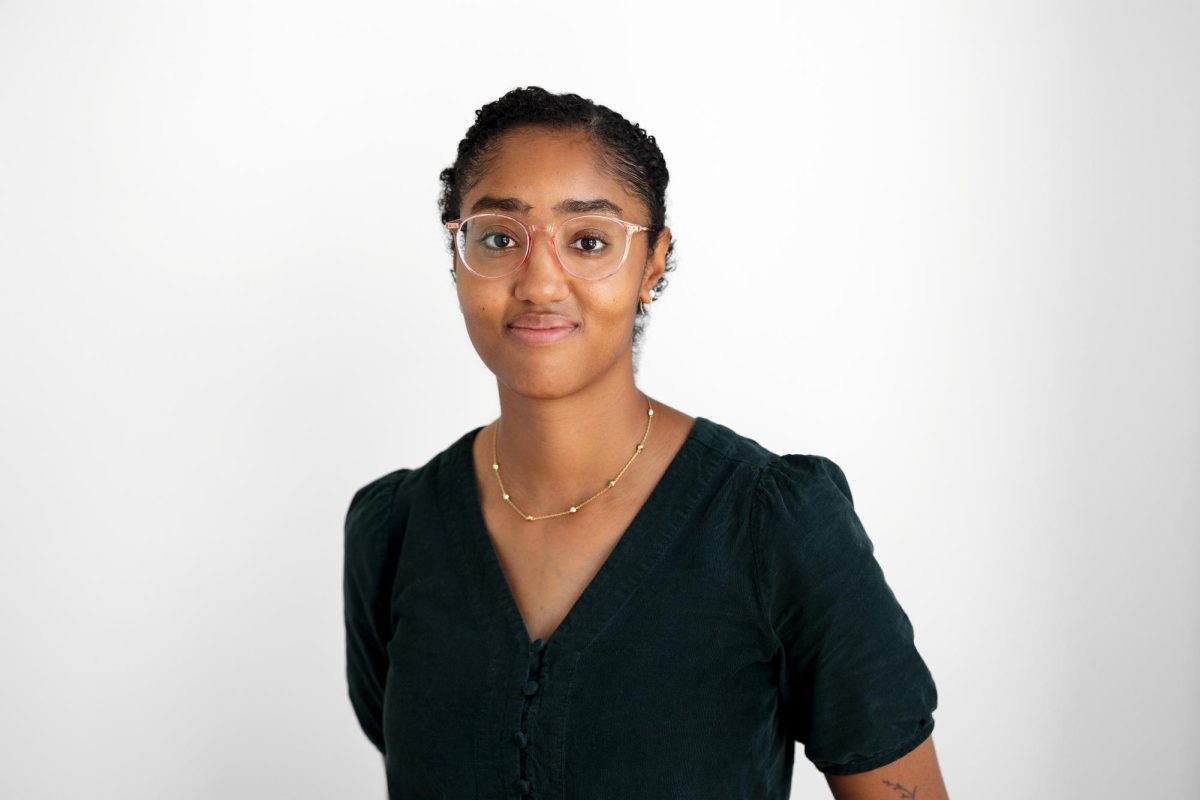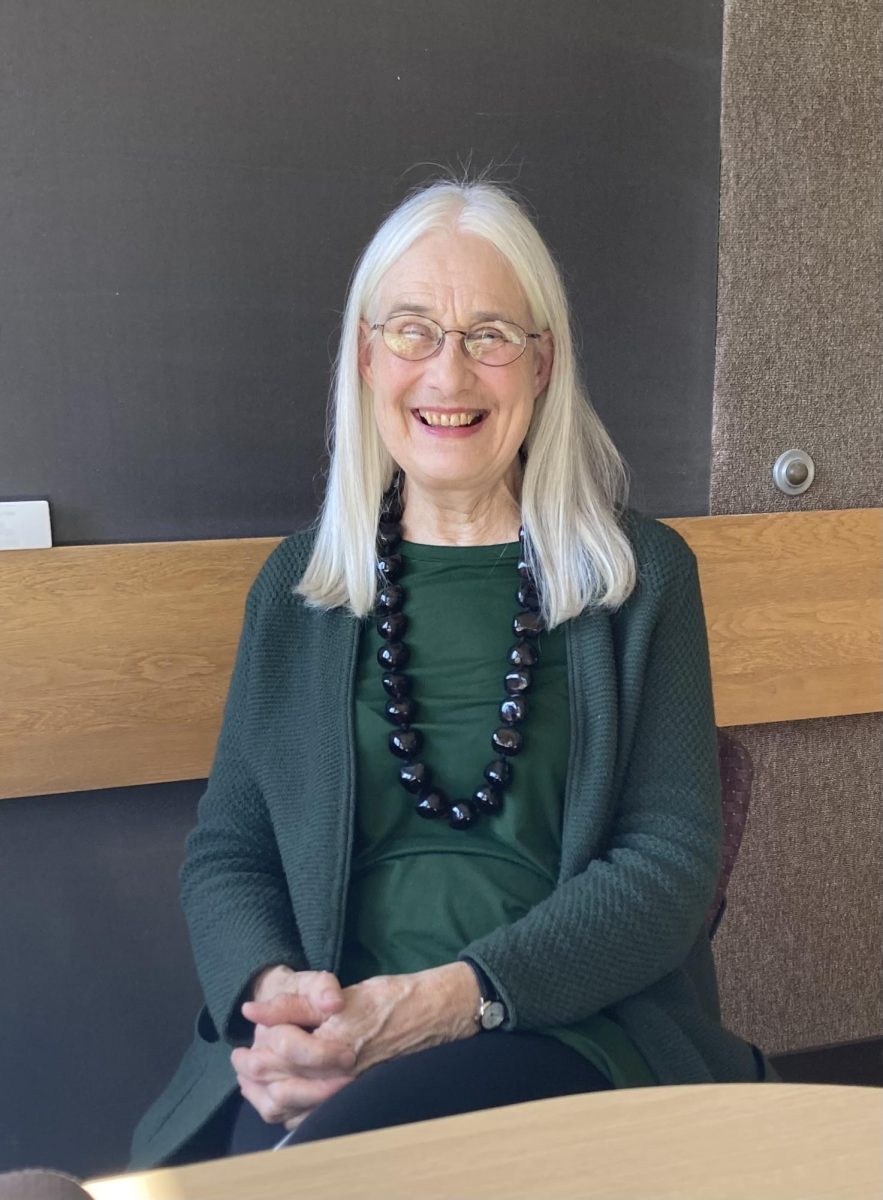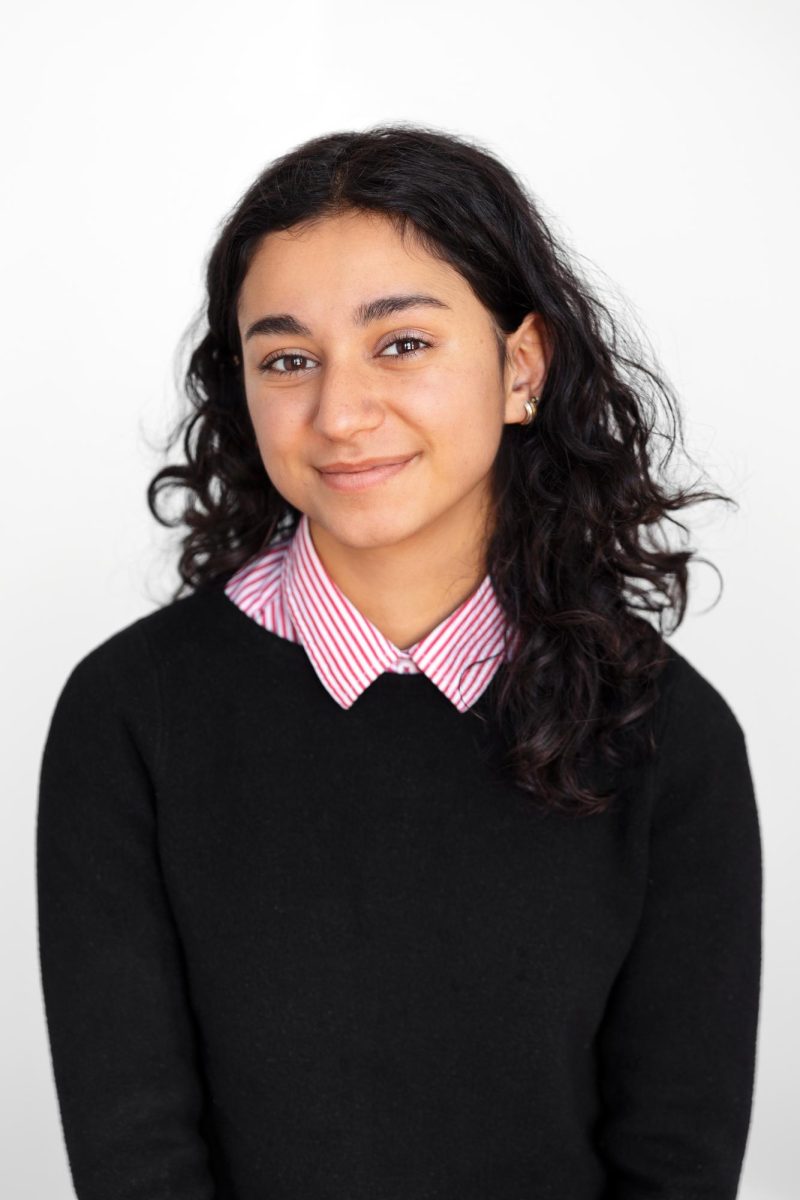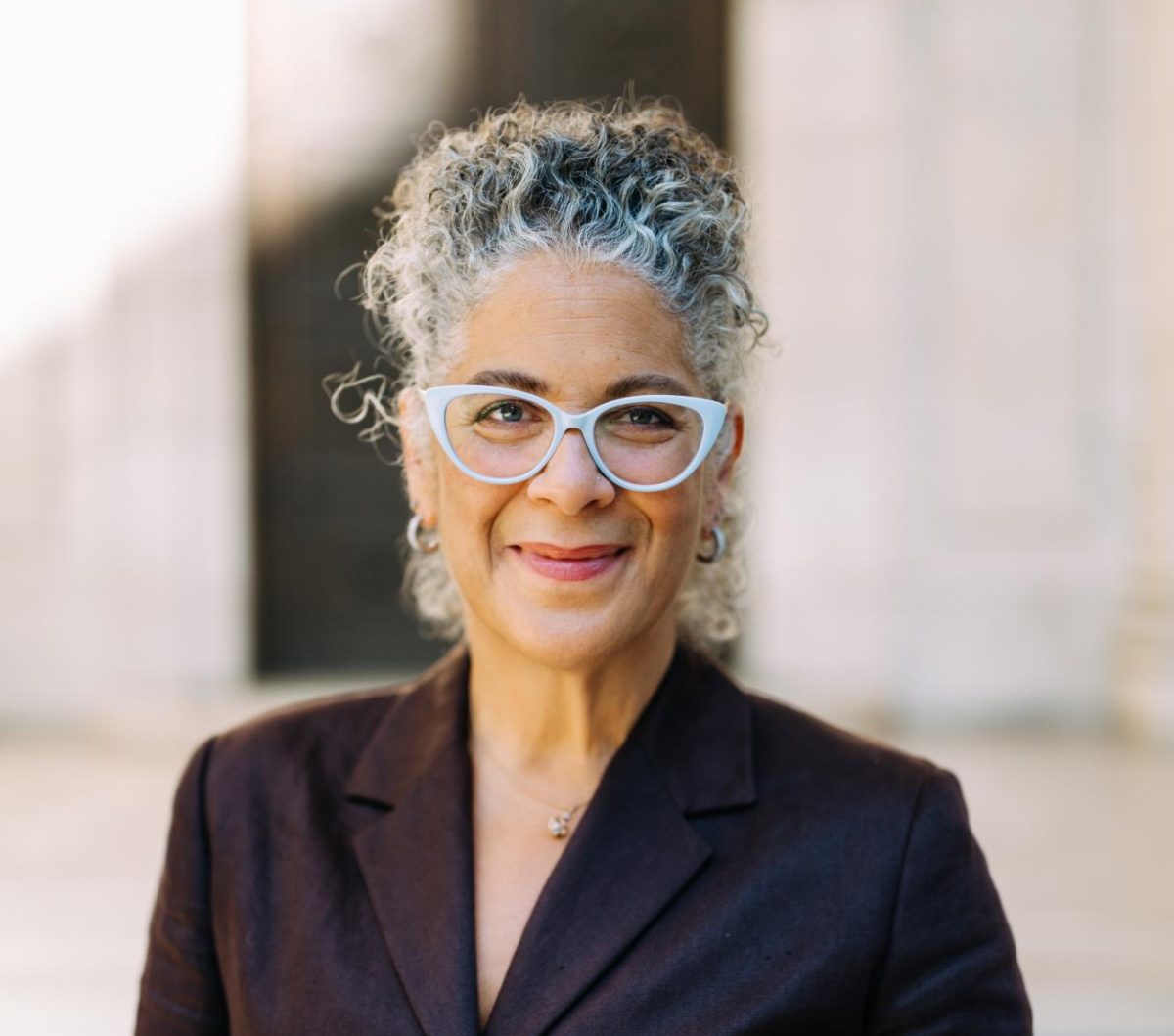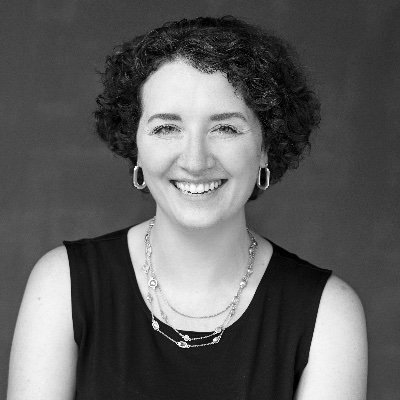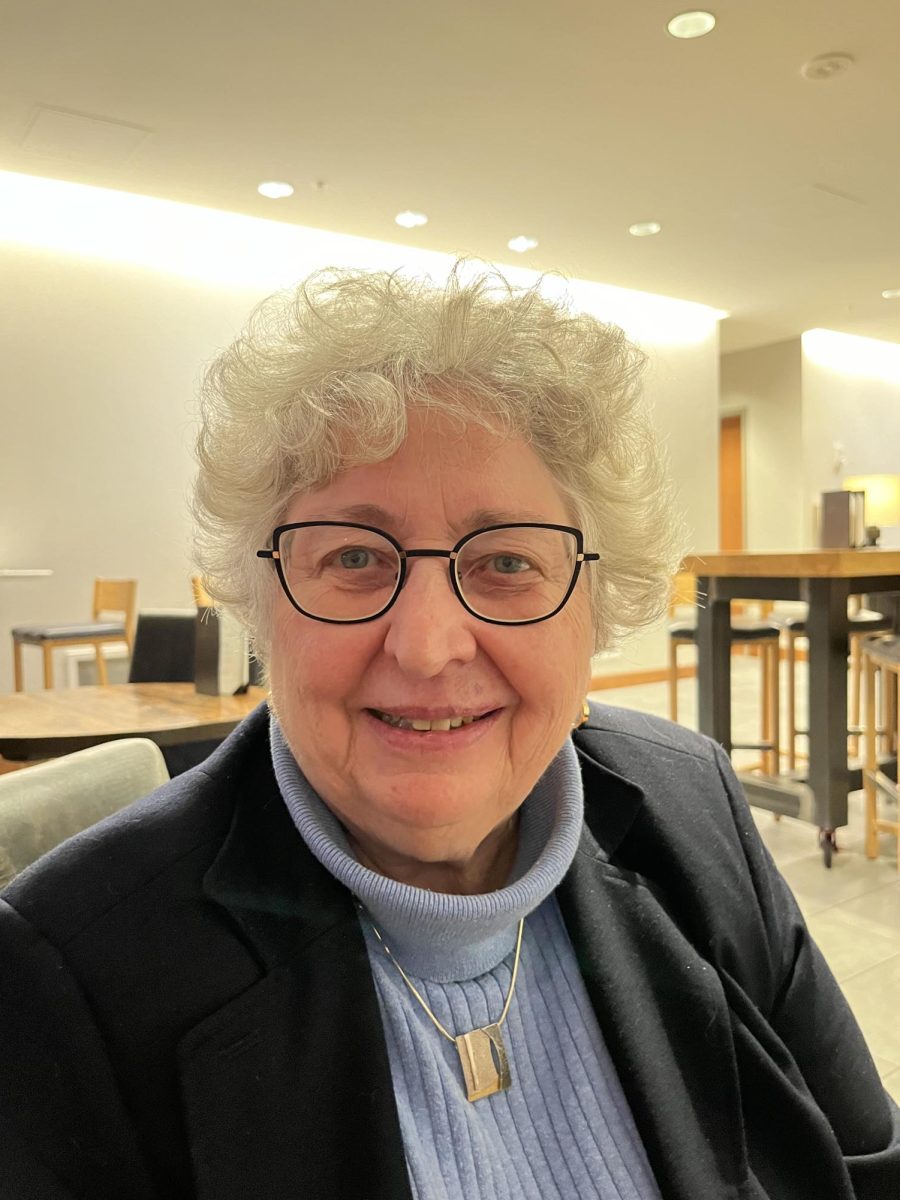Michelle Johnson, OC ’15, is an assistant professor of Neuroscience who joined the faculty this fall. Johnson received a Ph.D. from Emory University and was a postdoctoral fellow in the Malavika Raman lab at Tufts University. Her research focuses on the life cycle of the neuron and neurodegeneration.
This interview has been edited for length and clarity.
What type of research do you conduct at Oberlin?
My work essentially deals with the lifetime of what we call neurons, or brain cells. I am interested primarily from my graduate work about what happens when a neuron dies early, which is called neurodegeneration. My lab here is going to be researching that. We’re going to add in what happens to make a neuron a neuron. Hopefully, as my work continues, we’re going to understand the full life cycle of a neuron and start looking at the characteristics that are inherent to neurons that allow them to be so long-lived. If you don’t know, neurons are an extremely long-lived cell type. The neurons that are currently inside your nervous system were created before you were fully formed and born into this world. So, most of our neurons were developed while we were still in utero, and then they live for 70-plus years. No other cell type really does that. Neurons need to do a lot of really specialized things in order to first become a neuron, and then they need to do things to ensure that they can remain healthy and live long lives.
What are the applications of your research to medicine and treatment of disease?
My work has primarily focused on what’s going on in disease. So my graduate work focused on two different diseases: frontotemporal dementia, which is an early onset form of dementia and amyotrophic lateral sclerosis. These two are what we call neurodegenerative diseases because they mean our neurons are breaking down. What’s interesting is that when people started looking at patients who had either FTD or ALS, they saw that there were some similarities between how their neurons were dying. So, I study one similarity between the two, which has to do with protein pathology. Our neurons are made up of all of our cells, and are made up of things called proteins. These are the things in your cells that do everything they do. You have thousands, hundreds of thousands of proteins in your cell, and I study one called FUS, or fused in sarcoma. It’s really important for keeping ourselves healthy. My lab is interested in how it might help neurons develop and how it keeps cells healthy. Unfortunately, when it stops working the way it’s supposed to work, that leads to neurons dying.
Is your lab ongoing right now?
I have a few students who are going to be starting during Winter Term. There are some boxes in the corner of my office that have some of the equipment. I’m ordering equipment and the lab’s going to be set up during Winter Term. My hope is that I can do the same thing that happened when I was here, where I worked with faculty who believed in me and helped foster my curiosity through research.
Were you interested in neuroscience at Oberlin right off the bat, or did you switch into the field?
When I was a student here, I thought I would study Biology and be in the department. I knew pretty quickly that I didn’t want to be a medical doctor. When I was a student here, they were still allowing you to use your Advanced Placement exam credit to count for Biology 100. When you go to med school, they want to see you still taking those intro classes. Since I didn’t want to go to med school, I felt like I could use my AP credit and move into the next level up. So I decided to take Introduction to Neuroscience, the same class I’m teaching right now. I just fell in love with it. I really loved when the faculty members asked a question in class, and they would say, “No one knows the answer to that question.” I just saw neuroscience as this really exciting field where a lot was still open to being discovered. I think I’m really lucky because I came into Oberlin with low self-esteem. I thought that neuroscience was going to be only for the smartest people. I was lucky that faculty members, friends, and the whole department don’t carry on this idea that neuroscience is the pinnacle of science. If you are passionate, if you like it, then you can do it. I tell all my students they can all be neuroscientists if they want to be.
Why did you return to Oberlin?
As you will learn, Oberlin has a way of drawing you back. I’m sure people have said this, but the people who say it are the ones who get drawn back. I think Oberlin was really good for me because it allowed me to grow into a more confident and assured person in a place where there was less judgment of people. Everywhere has its issues. I went off and I knew I wanted to work at a small liberal arts college for my career. I really valued the education I got at Oberlin as a small liberal arts school — I believed in the system, so I wanted to be a part of that. When you finish graduate school, you do some post-training called a postdoctoral fellowship. I was in my postdoc, and I was going on the job market. When you go on the job market, not everywhere is going to have an opening. You know there are only so many schools, and you’re limited if you know that there’s a certain type of institution you want to be at. And I think luck has a lot to do with it. When I went on the job market, Oberlin was looking to hire. And when I was applying for the job, I said to myself one of the reasons I was applying is that being faculty is a complex job. We wear a lot of hats. And so being able to be faculty with a group of people who I already know, who I already know believe in me, who I already know that working with them will let me learn so much, that was powerful for me.


